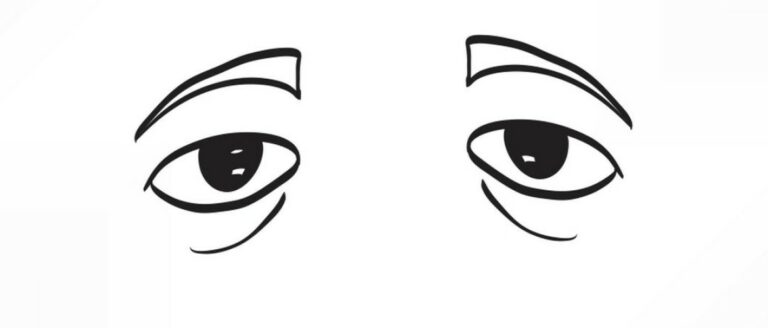Did you know that one adult in three visits a GP with psychological and physical stress complaints? So not only is the number of patients large, but also the variety of complaints is enormous. For GPs, it can be quite a puzzle to determine whether there is depression, stress or anxiety on the basis of the complaints.
The Four-dimensional Complaints List, abbreviated to 4DKL, is a tool used by many healthcare professionals to confirm or rule out the diagnosis of depression, among other things. It consists of a list of 50 questions about symptoms of stress, depression, anxiety and physical tension complaints. An indication of the nature of the psychological problems is given on the basis of a score.
If you suspect that you have a depression, the 4DKL can give you some more clarity.
The confusion surrounding depressive complaints
Depression has a wide range of complaints. Characteristic is especially the gloomy feeling that dominates everything. You find yourself worthless and everything around you pointless. Other complaints that can occur are, for example, sleep and concentration problems, worrying about death, feelings of panic or anxiety, loss or, on the contrary, an increase in weight and severe fatigue.
However, many of these complaints also occur with excessive stress or burnout. Anxiety is not only a complaint that occurs with depression and stress, but it can also stand on its own. In this case we speak of an anxiety disorder.
Remains about the somatic complaints, the physical tension complaints that we can literally feel in our bodies. These complaints can occur with depression, stress and anxiety.
So it is not so easy to conclude that your complaints point to depression. Not for you, but also for your GP. The 4DKL helps with this.

Why is the diagnosis of depression so important?
Depending on the severity of the symptoms, depression requires a different treatment method than, for example, anxiety or stress. Psychotherapy, for example, is often used. This is an effective method of treating mental disorders and problems on the basis of conversations. These conversations take place with a psychotherapist, psychiatrist or clinical psychologist.
In cases of severe depression, antidepressants may be prescribed.
When we talk about stress or burnout, help is called in from a completely different angle. Here the emphasis is on changing behaviour in combination with awareness. Professional help is needed when recovering from a burnout or permanently eliminating stress, because changing behaviour can be very difficult. Fear is also a form of stress. At Ruud Meulenberg Training & Coaching, nature is our office. Our coaches are specialised in stress issues.
How do I take the test?
The 4DKL consists of 50 questions divided into categories:
- distress (psychological stress complaints): 16 questions –
- depression: 6 questions –
- anxiety: 12 questions and
- somatization (physical stress complaints): 16 questions.
When answering the questions, you should only start from the complaints and symptoms you have experienced in the past week (i.e. the past 7 days with today). Complaints for this period do not count.
To take the test, we will send you to the DKP website. Here you can fill in the questions of the test digitally, after which the score will be calculated automatically. You can also print it out so that you can take it to your GP.
The 4DKL was developed by Dr. Berend Terluin, MD at the Amsterdam Public Health research institute. Since 2008, he has been offering healthcare providers the opportunity to use his questionnaire to detect, map and discuss psychological problems.
Example of a 4DKL score
Suppose you have a headache and have been very tired for a while. Headaches and tiredness are complaints that can occur with depression, but also with stress. You go to your GP and fill in a 4DKL form at his request. The score is as follows: distress 15, depression 0, anxiety 4 and somatisation 12.
In other words: you score ‘moderate’ on stress and physical tension complaints. Now that you see the score in front of you, you realise that you actually suffer more from stress at work than you had expected.
A four-dimensional Complaints List can confirm a suspicion, but nevertheless does not provide a diagnosis. Only a doctor can determine whether this is a case of depression or stress.
What to do now?
We hope, of course, that the scores are favourable. With ‘low’ you don’t need to take any action. With ‘moderately elevated’ you should be wary and talk to your GP. With ‘high’ you always need to take action and consulting a doctor is a must.
Depending on the category, he or she will discuss with you which treatment method is required.
If you have a moderate or high score for distress, we will be happy to help you. Our strategy is not only to deal with your stress for now, but also to ensure that you can live a pleasant life without stress in the future.
Stress & burnout coaching; for 100% recovery!
Reducing stress and recovering from burnout is simply incredibly difficult. The coaches at Meulenberg Training & Coaching understand exactly what you are going through and know how tough it can be. They have often experienced it themselves! With their years of experience and expertise, they are ready to help you step by step toward a full recovery. The results of our one-on-one coaching and absenteeism training will benefit you for a lifetime!






